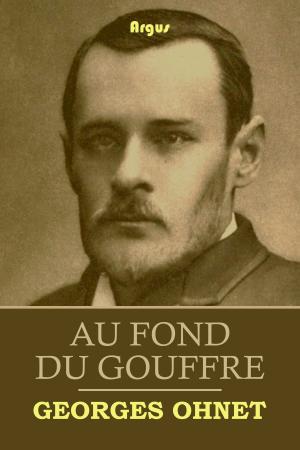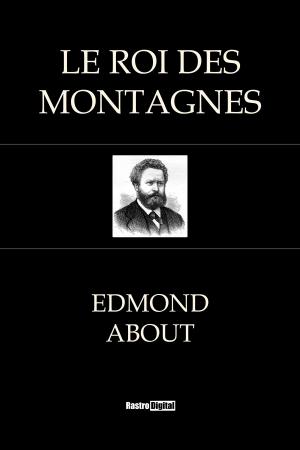| Author: | G.K. Chesterton | ISBN: | 1230003202319 |
| Publisher: | Rastro Books | Publication: | April 25, 2019 |
| Imprint: | Language: | English |
| Author: | G.K. Chesterton |
| ISBN: | 1230003202319 |
| Publisher: | Rastro Books |
| Publication: | April 25, 2019 |
| Imprint: | |
| Language: | English |
In his book on William Blake, Chesterton says, “We all wake up on a battlefield.” In 1915, when he emerged from his coma-like state after his physical collapse several months earlier, Chesterton, in effect, did wake up on a battlefield. England was in the midst of the Great War with Germany. Though the English army had no use for Chesterton as a soldier, his pen was immediately enlisted to help the war effort. His first books after his recovery were three short works that are essentially war pamphlets, but with their combination of history, philosophy, religion, and even literary criticism, they are uniquely Chesterton.
(by Dale Ahlquist - hesterton.org/lecture-29)
Gilbert Keith Chesterton, KC*SG (1874–1936), was an English writer, poet, philosopher, dramatist, journalist,
orator, lay theologian, biographer, and literary and art critic. Chesterton is often referred to as the "prince of paradox". Time magazine has observed of his writing style: "Whenever possible Chesterton made his points with popular sayings, proverbs, allegories—first carefully turning them inside out."
In his book on William Blake, Chesterton says, “We all wake up on a battlefield.” In 1915, when he emerged from his coma-like state after his physical collapse several months earlier, Chesterton, in effect, did wake up on a battlefield. England was in the midst of the Great War with Germany. Though the English army had no use for Chesterton as a soldier, his pen was immediately enlisted to help the war effort. His first books after his recovery were three short works that are essentially war pamphlets, but with their combination of history, philosophy, religion, and even literary criticism, they are uniquely Chesterton.
(by Dale Ahlquist - hesterton.org/lecture-29)
Gilbert Keith Chesterton, KC*SG (1874–1936), was an English writer, poet, philosopher, dramatist, journalist,
orator, lay theologian, biographer, and literary and art critic. Chesterton is often referred to as the "prince of paradox". Time magazine has observed of his writing style: "Whenever possible Chesterton made his points with popular sayings, proverbs, allegories—first carefully turning them inside out."















